Often times there is a dispute between persons who have a family relationship, domestic relationship, or are in some type of “protective relationship” which requires restraints or protections from abuse.
These restraints are determined by the court. Those protections are often in the form of a Temporary Restraining Order (“TRO”) and thereafter a Final Restraining Order (“FRO”).
When it is believed that there is some form of physical or mental abuse imposed upon you from another, an application for protection is filed with the court asking for temporary relief, such as a no-contact order. The court will take brief and immediate testimony and determine if “good cause” exists to grant temporary restraints. If the court grants the Temporary Restraining Order, shortly thereafter a Final Restraining Order hearing is set. A TRO is then served upon the alleged aggressor at which point they must comply with all temporary restraints granted within the TRO.
After the TRO has been granted, the court will usually schedule a final hearing within 10 days. Therefore, the accused must act quickly to defend himself or herself. A FRO is issued when the court takes testimony and makes a determination that permanent restrictions are necessary. Typically this occurs after the victim has satisfied the court that restraints are necessary to protect the victim.
In most matters, after a restraining order has been issued criminal charges are also filed against the defendant. While the basis for the restraining order in the criminal charges often stem from the same act, the matters proceed in different courts. This can often be very costly, financially burdensome, timely, and embarrassing. The standard of proof for a Restraining Order is by a preponderance of the evidence, whereas criminal charges must be proven beyond a reasonable doubt.
Whether a Temporary Restraining Order or a Final Restraining Order, these matters often disrupted lives of families. The restraining orders often restrict one parties ability to interact with the other. Often times a no contact order means that the accused cannot come within a certain distance of the other, cannot appear at the home, work, or public places where the victim is known to socialize. The accused my not purchase a firearm, may be required to undergo psychiatric evaluation, and if a restraining order is granted oftentimes must report this to their place of employment. By statute, the accused will be arrested.
Not only are restraining orders humiliating, but they are very expensive. Not only is bail set, but when convicted the accused my face a $10,000 fine as well as 18 months of incarceration. To make matters worse, the accused will also need to hire a competent and aggressive attorney to defend him or her.
A final restraining orders are permanent and last forever. The only way to have a final restraining order removed is to file the appropriate motion with the court. Even if the alleged victim allows contact with them, you are will be held in violation of the order, despite their consent. You must know your rights, and you must act legally or you will face additional consequences such is a violation of the temporary restraining order.
Mark | Lavigne, LLC and its criminal defense team is here to help, and routinely defends the accused throughout the state of New Jersey. Contact Mark | Lavigne, LLC for your consultation. “Click here” to tell us your story, or call 908-460-8996 for your immediate consultation. You can’t delay and you must act quickly.


